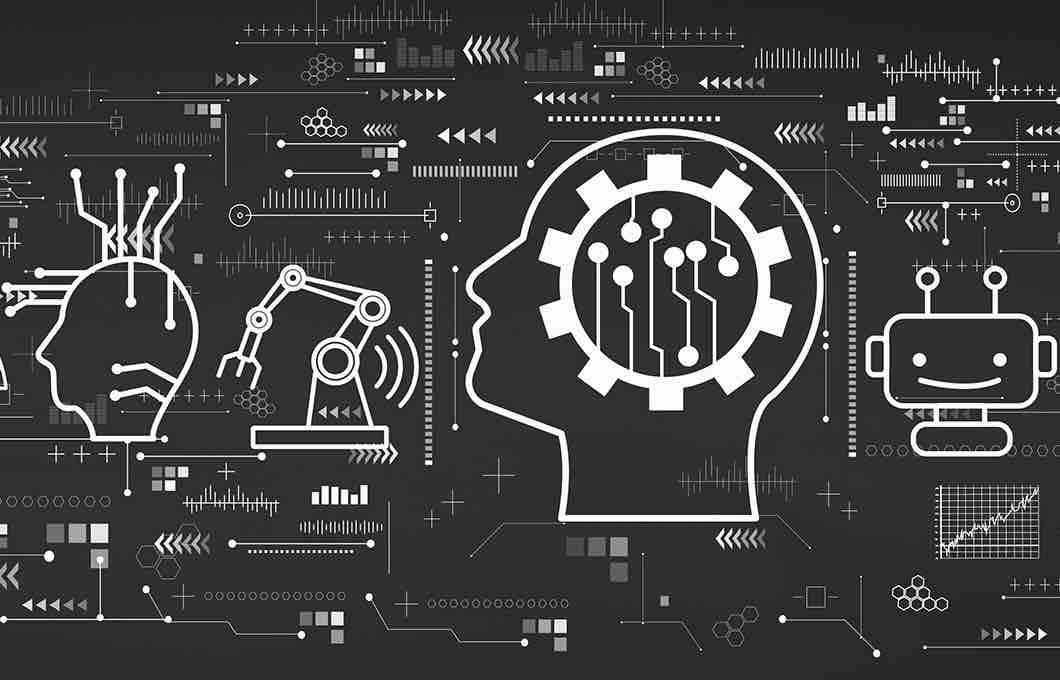Given how quickly AI is progressing, it’s safe to assume that the future will center on technology. Even if the recession is terrible, you can still make it through if you have certain abilities.
1. Emotional Intelligence & Communication
Considering that computers cannot replicate human social interactions just yet, it stands to reason that employees with a high degree of emotional intelligence are going to be extremely popular. Consequently, effective communication skills, such as using tone of voice and body language to express your idea, will be vital. Therefore, it is crucial to have strong communication skills in order to keep relevant members of the team or project participants up to date on the progress of different tasks and activities.
2. Decision Making
Computer simulations may soon be capable of replacing key human judgments, ushering in a new era of technical advancements thanks to automation and machine learning. This is because, in many cases, machines are now more efficient at numerical computation than the cerebral cortex or human mind. But it falls on individuals to run businesses, considering both the consequences of their actions and the people they work with. Even as AI improves its ability to make regular judgments, people will still be responsible for making more complex choices, keeping decision-making skills essential for AI professions.
3. Machine Learning
The field of study known as “artificial intelligence” (AI) is a specialization of “machine learning” (ML). Artificial intelligence (AI) is the research of algorithms that can improve and understand on their own depending on inputs such as data and past experiences. In order to draw inferences and forecasts, ML algorithms construct models using a limited set of input data. Knowledge of machine learning is essential for the development of artificial intelligence (AI) that can give computers and other systems the appearance of intelligence (ML). Machine learning (ML) is an approach that educates machines towards becoming sentient and employing their capabilities to solve problems in the here and now.
4. Mathematical Knowledge
Professionals in the field of artificial intelligence often spend a great deal of their time tinkering with programs and practical mathematics. Therefore, strong analytical, as well as problem-solving abilities are also required for tackling AI-related issues. An understanding of linear algebra, analytics, statistics, graphs, optimization techniques, etc., is helpful. These skills may be used in the pursuit of finding answers to problems and creating algorithms according to given parameters.
5. Cluster Analysis
Cluster analysis’s goal is to categorize or group similar objects. This procedure is designed to increase the degree to which items in one set are similar to those in another set rather than the other way around. Clustering algorithms may differ in terms of the parts they include and the speed with which those parts may be identified. This capacity to group things together is a valuable skill in the field of artificial intelligence, which has many potential applications. You’ll be able to develop innovative solutions for a wide range of businesses and sectors, and you’ll have greater freedom to do so.



